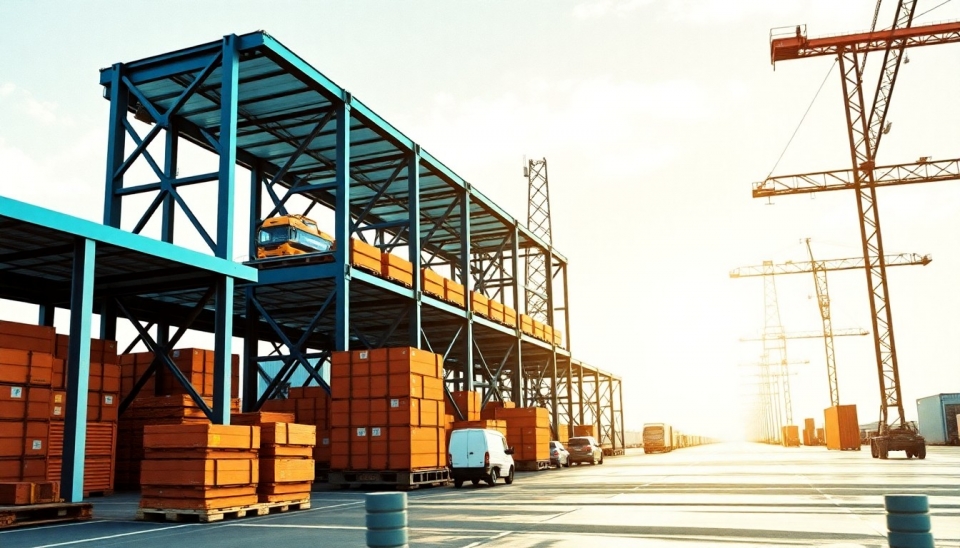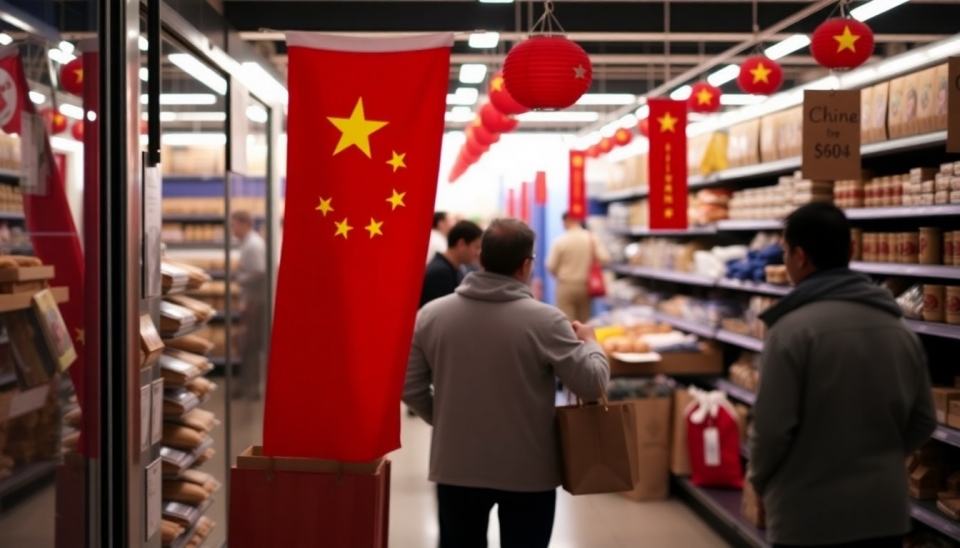
In recent economic news, an intriguing phenomenon is unfolding as tariffs imposed by the United States are negatively impacting companies that do not even engage in exporting goods to the U.S. This unexpected scenario raises important questions about the broader implications of trade barriers on global businesses and highlights the ripple effect tariffs can have throughout the economy.
Although many may presume that only those directly involved in U.S. export markets would feel the pinch from tariffs, evidence is surfacing that suggests otherwise. Recent analyses indicate that companies, regardless of their export status, are facing substantial challenges due to the economic climate created by these trade policies. The essence of the issue stems from increased manufacturing costs and disrupted supply chains that have begun to plague businesses worldwide.
As U.S. tariffs target specific goods, companies that rely on imported materials have encountered heightened prices and availability issues. For instance, manufacturers relying on raw materials or components from abroad have found their operation costs inflated, thus squeezing profit margins even if their products are marketed and sold purely within their local or international markets.
A recent report highlights that the cascading effect of these tariffs leads to uncertainty in pricing structures and alters consumer behavior. Retailers, in a bid to maintain profitability, may pass higher costs onto consumers, which could potentially lead to decreased sales and a slowdown in growth. The consequences of such dynamics are particularly concerning as companies brace themselves for a potentially recessionary environment fueled by reduced consumer spending.
The ramifications extend beyond mere financial metrics—businesses are also struggling with strategic planning and investment decisions amidst a turbulent business landscape. Companies, uncertain of future tariff adjustments and their specific impacts, are hesitant to make significant investments in infrastructure or workforce expansion. This cautious approach not only stifles growth opportunities but also places further strain on an already fragile economic recovery.
Experts warn that the ongoing trade tensions and the ever-changing landscape of tariffs could pave the way for a more fragmentation of global trade systems, which has been developing over the last several years. As nations jockey for trade advantages, the interconnectedness of global commerce becomes increasingly vulnerable, suggesting a need for reevaluation of trade policies that foster economic stability instead of instigating uncertainty.
Ultimately, while the immediate focus may seem to rest on those directly affected by U.S. tariffs, the broader impact is undeniable. Companies, regardless of their export statuses, are grappling with the fallout from these policies and navigating a new era of trade dynamics that could reshape the economic landscape as we know it.
As stakeholders in the business community look towards solutions, a deeper understanding of the cascading effects of trade policies remains crucial. Only then can businesses adapt and thrive amidst the challenges imposed by tariffs and a tumultuous global economy.
#Tariffs #GlobalTrade #EconomicImpact #Manufacturing #SupplyChain #ConsumerBehavior #Investment #EconomicRecovery
Author: John Miller




